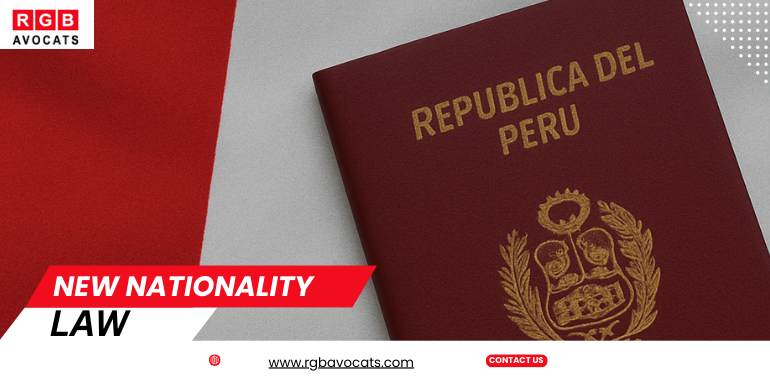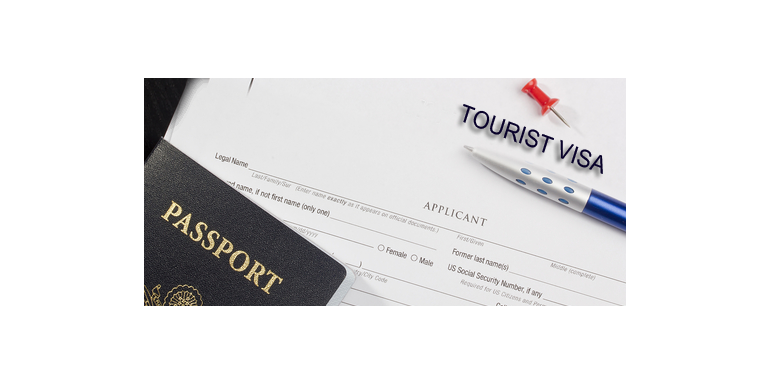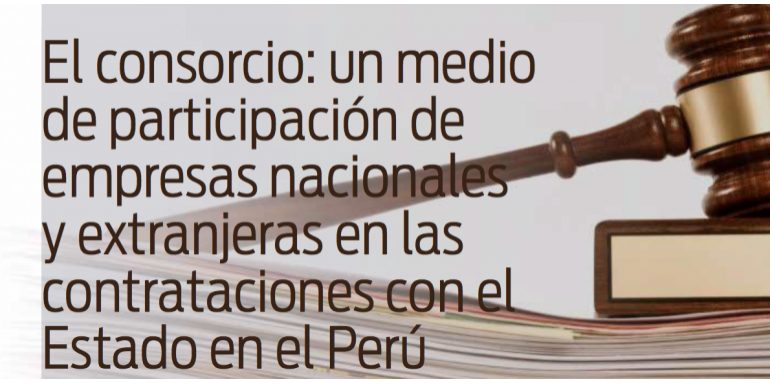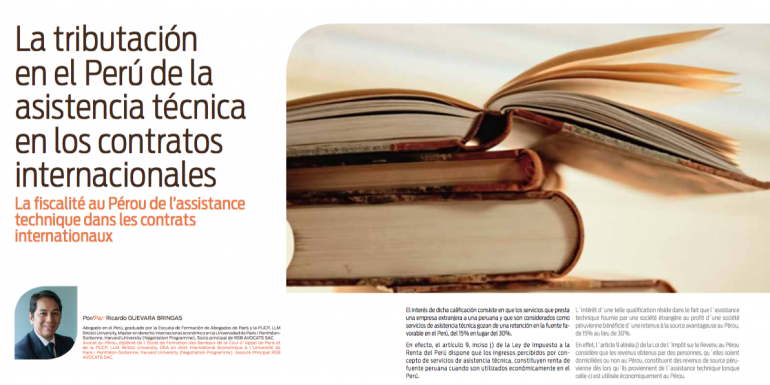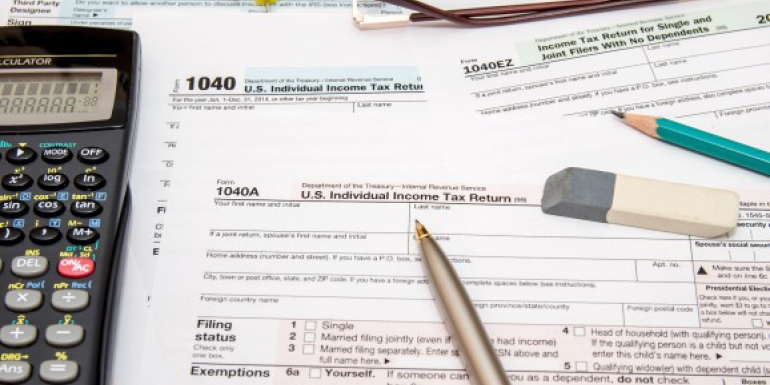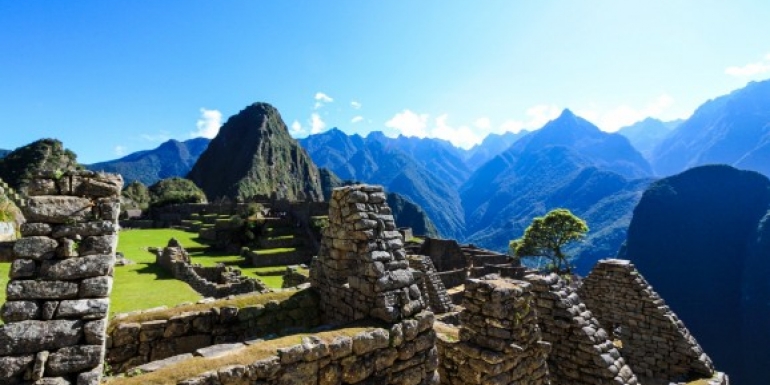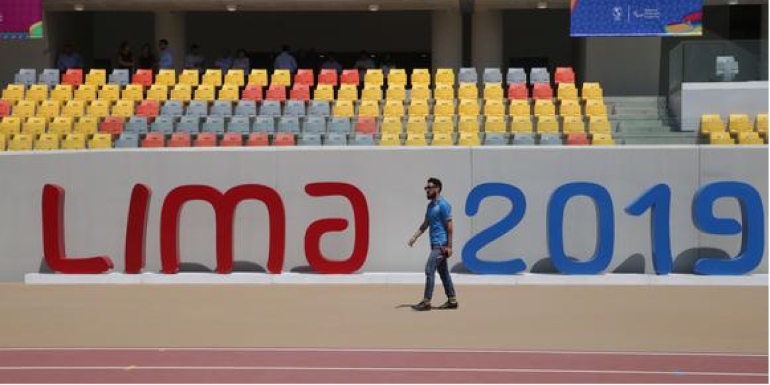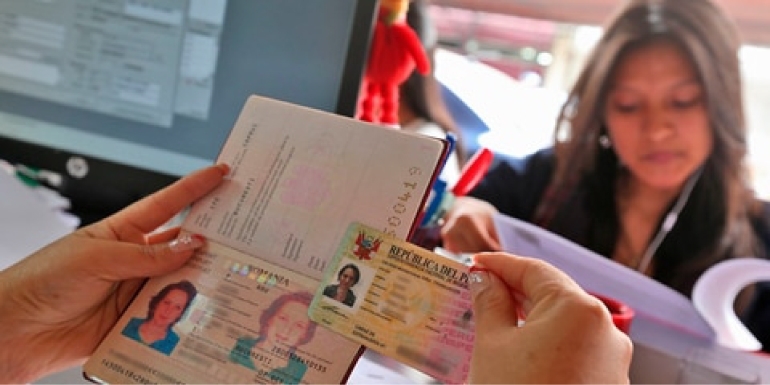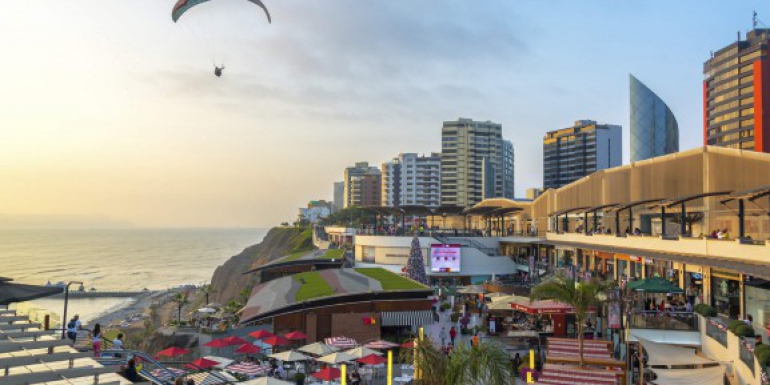Current residents and would be applicants for Peruvian citizenship should take note that on August 14th 2025, Congress repealed and replaced Law N° 26574 - The Law of Peruvian Citizenship, a law which had governed the granting of Peruvian citizenship for the last thirty (30) years, with Law N° 32421° - The New Law of Peruvian Citizenship.
Readers should first and foremost note the following points:
- The new law has not yet gone into effect, and will not do so until the regulations for its application are published by the executive branch (in an estimated period of no more than 80 business days).
- The new law also expressly states that all applications submitted before the new law goes into effect, will be evaluated under the provisions of the previous law.
This means that if you have already fulfilled the requisites for citizenship, under the previous law, or will fulfill these requisites in the near future, before the new law goes into effect, you can still apply for citizenship under the previous law's provisions, and up until the new law goes into effect.
Notwithstanding the aforementioned, readers should note that Peruvian citizenship can be obtained in any of the following ways:
CITIZENSHIP BY BIRTH
The following people are considered to be Peruvians by birth:
- Those born in Peruvian territory, regardless of the nationality of their parents;
- Those born abroad, children of at least one parent who is Peruvian by birth, and whom are properly registered with the Peruvian consulate of their country of birth. This right only extends down to descendants up to the third generation: that is to say the grandchildren of the Peruvian parent;
- Children adopted by parents who are Peruvian by birth;
- Abandoned minors, who reside in Peru, whose parents are unknown.
CITIZENSHIP BY CHOICE
Foreigners may obtain Peruvian citizenship through one of the following ways:
- Citizenship by Residency (Naturalización): granted to foreign residents (i) who exercise an art, occupation or entrepreneurial activity allowing them to earn no less than ten (10) Tax Units a year (around USD 15,000.00), properly declared before Peruvian Tax Authorities (SUNAT); and (ii) who can provide proof of at least five (5) years of legal residence in the country, continuous and immediate, before the application is submitted.
- Citizenship by Marriage (Opción): granted to foreign residents who (i) are married to a Peruvian citizen; (ii) can provide proof of at least four (4) years of marriage, at the time of the application; and (iii) have legal residence in the country.
- Citizenship by International Treaties (Doble Nacionalidad): applicants who wish to apply for the Peruvian citizenship through this method must provide proof of income of at least ten (10) Tax Units a year (around USD 15,000.00). Further conditions will be specified in the Regulations of Application ("Reglamento") of the new law, once it's published.
- Meritorious award: granted to applicants who have legally resided at least two (2) years in Peruvian territory, and who have rendered distinguished services in benefit of the country. Further conditions will be specified in the Regulations of Application (Reglamento) of the new law, once it's published.
- Qualified athlete: granted to applicants who have legally resided at least two (2) years in Peruvian territory, and who are recognized by the Peruvian Institute Sports (IPD) as qualified athletes. Further conditions will be specified in the Regulations of Application (Reglamento) of the new law, once it's published.
CHANGES AND CONCERNS WITH THE NEW LAW
- Period of Legal Residency: the most salient aspect of the new law is that it has extended the requisite of legal residency from just two (2) years to five (5) years. This means that people who will not be able to fulfill the required term of residency, before the new law comes into effect, will have to wait a further three (3) years before they are able to apply for citizenship. Personally, we do not see any benefit to extending the required term of residency to become eligible for citizenship.
- Extension of the application process: under the old law, the legal period for evaluating a citizenship application was established to be just thirty (30) business days; however, in practice, we often found that the application process could take anywhere from six (6) months up to a year. Be that as it may, the new law introduces changes which encourage bureaucratic delay. Immigration authorities will now have eighteen (18) months to evaluate the application, plus an additional six (6) months in case of unforeseen delays, which effectively DOUBLES the effective waiting time for applicants.
- Reduction in the scope of application: in the past, foreigners with the migratory category of Retiree (Rentista) were allowed to apply for Peruvian citizenship. This being that, even though the previous law of Peruvian citizenship did not state that retirees could apply for citizenship and it wasn't listed in the list of procedures of the National Superintendence of Immigration (MIGRACIONES), Article 8° of the Regulations for the Application of the law DID briefly mention retirees as people who qualified for citizenship. Thus, we had successful cases of retirees who applied for citizenship through this little-known method. Under the new law this redaction has been omitted. Therefore, if no new changes are introduced through the Regulations of Application of the new law, retirees will no longer be able to apply for citizenship once the new law comes into effect.




